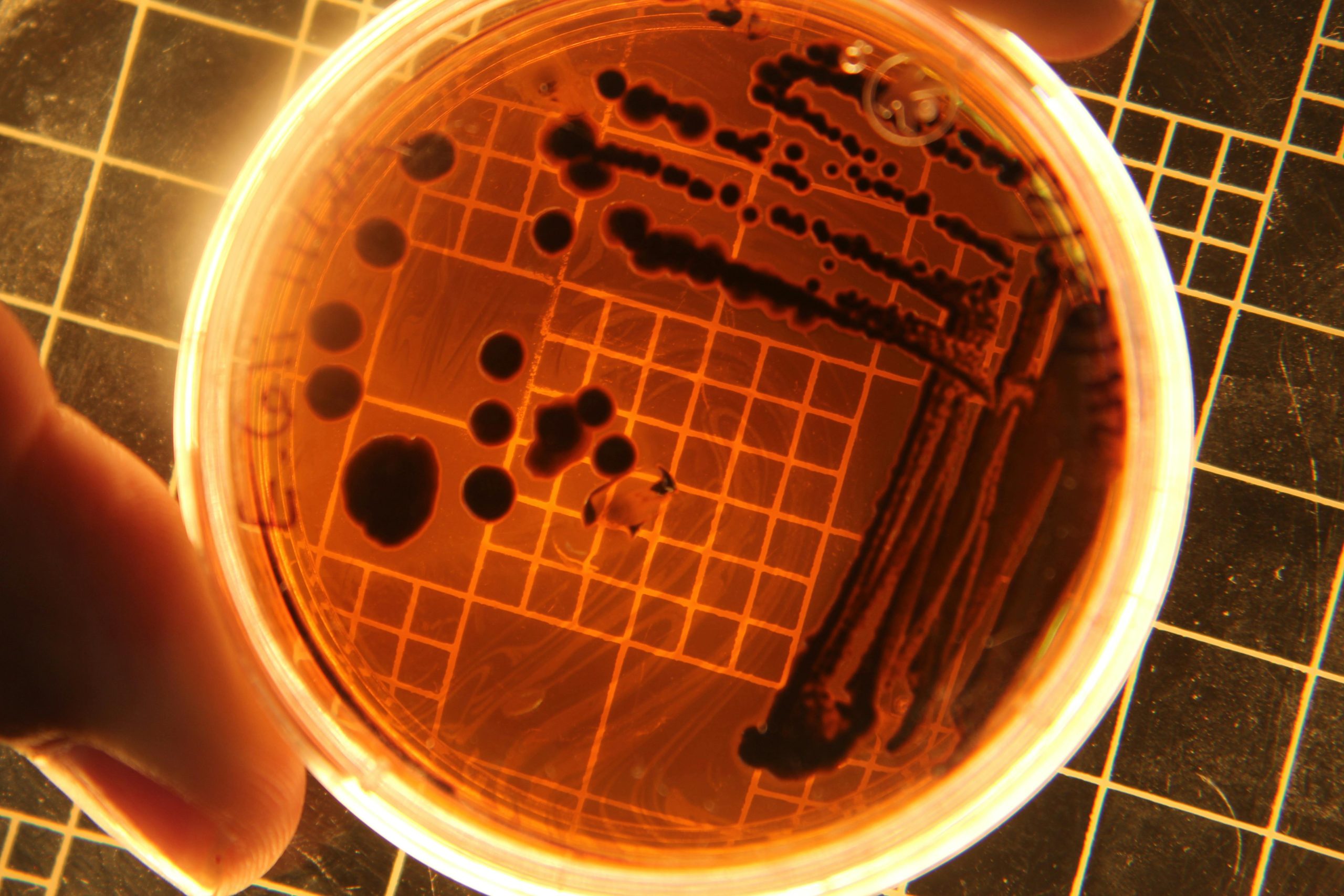Grocery stores stock an incredible variety of foods from around the world. Maintaining safety across this vast supply chain is a monumental task. Despite rigorous efforts, food recalls and contamination scares unfortunately do occur. These incidents can involve bacteria, allergens, or foreign objects. They often affect products sold in major grocery chains. Understanding common types of recalls and contamination issues helps consumers stay informed. It also empowers you to take proactive steps to protect your health. Here are 12 types of food recalls and contamination events seen in grocery stores, plus tips for staying safe.

1. E. coli in Leafy Greens and Ground Beef
E. coli O157:H7 is a dangerous bacterium. It can cause severe illness. Leafy greens like romaine lettuce or spinach are often implicated. Contamination can occur in the field from water or animal sources. Ground beef is another common source due to processing. Safety Tip: Wash leafy greens thoroughly. Cook ground beef to an internal temperature of 160°F (71°C). Stay updated on recall alerts from the FDA or CDC.
2. Salmonella in Poultry, Eggs, and Produce
Salmonella bacteria can be found in various foods. Raw poultry and eggs are well-known sources. However, Salmonella can also contaminate fruits, vegetables (like melons or sprouts), and even processed foods like peanut butter. Safety Tip: Cook poultry and eggs thoroughly. Wash all produce before eating. Avoid cross-contamination in the kitchen by using separate cutting boards for raw meats and produce. Refrigerate foods promptly.
3. Listeria in Deli Meats, Soft Cheeses, and Produce
Listeria monocytogenes is a hardy bacterium. It can grow even in refrigerated temperatures. It’s often associated with ready-to-eat deli meats and hot dogs. Unpasteurized soft cheeses and some produce (like cantaloupe) can also be sources. Listeria is particularly dangerous for pregnant women, older adults, and those with weakened immune systems. Safety Tip: Heat deli meats until steaming hot. Avoid unpasteurized soft cheeses if you are in a high-risk group. Wash produce thoroughly.
4. Undeclared Allergens (e.g., Nuts, Dairy, Soy)
A common reason for recalls is the presence of undeclared allergens. A product might contain milk, eggs, peanuts, tree nuts, soy, or wheat without it being listed on the label. This can happen due to cross-contamination during manufacturing or incorrect packaging. For individuals with severe food allergies, this is extremely dangerous. Safety Tip: Always read ingredient labels carefully if you have allergies. Sign up for FDA recall alerts. If a product looks different or has new packaging, double-check ingredients.
5. Foreign Objects (e.g., Metal, Plastic, Glass)

Recalls sometimes occur due to contamination with foreign objects. Small pieces of metal, plastic, glass, or wood can accidentally enter food products during processing or packaging. These pose a choking hazard or can cause internal injury if ingested. These recalls often affect a wide range of packaged foods. Safety Tip: While hard for consumers to detect, report any foreign object found in food to the store and manufacturer. Check recall notices for affected batch codes.
6. Norovirus on Fresh Produce or Shellfish
Norovirus is highly contagious and causes vomiting and diarrhea. It can spread to food through infected food handlers. It can also contaminate fresh produce or shellfish (especially oysters) from contaminated water sources. Safety Tip: Wash hands thoroughly before preparing or eating food. Wash produce well. Cook shellfish thoroughly. Be cautious with raw oysters, especially from areas with known outbreaks.
7. Botulism in Improperly Canned Foods
Clostridium botulinum, the bacterium causing botulism, thrives in low-oxygen environments like improperly canned foods. While rare in commercially canned goods due to strict regulations, home-canned foods pose a higher risk if not processed correctly. Damaged or bulging cans from the store should also be avoided. Safety Tip: Never consume food from cans that are dented, bulging, leaking, or deeply rusted. Follow proper canning procedures for home preservation.
8. Hepatitis A in Frozen Berries or Produce
Hepatitis A virus can contaminate food, often through an infected food worker or contaminated water used on crops. Outbreaks have been linked to imported frozen berries or other fresh produce items. The virus can survive freezing. Safety Tip: Consider cooking frozen berries before consuming them, especially if they are imported from regions with higher Hepatitis A rates. Wash fresh produce thoroughly. Practice good hand hygiene.
9. Cyclospora in Fresh Produce (Especially Imported)
Cyclospora is a microscopic parasite that can contaminate fresh produce, particularly imported herbs (like cilantro or basil) and berries. It causes prolonged gastrointestinal illness. Washing produce may not always eliminate the parasite effectively if it’s internalized. Safety Tip: Stay informed about outbreaks. Washing produce is still recommended. Cooking can kill the parasite, but many affected items are eaten raw. Be aware of sourcing if outbreaks are noted.
10. Aflatoxins in Nuts and Grains
Aflatoxins are toxic compounds produced by certain molds found on food crops like corn, peanuts, cottonseed, and tree nuts. High levels can be harmful. Recalls may occur if products like peanut butter or grains exceed safe aflatoxin limits. Safety Tip: Store nuts and grains in cool, dry conditions to prevent mold growth. Discard any nuts or grains that look moldy or discolored. This is primarily an issue for producers to manage through testing.
11. Chemical Contaminants (e.g., Pesticides, Cleaning Agents)
Occasionally, food products might be recalled due to contamination with unapproved pesticides, excessive pesticide residues, or accidental inclusion of cleaning agents or other chemicals during processing or packaging. Safety Tip: Washing produce can help reduce some surface pesticide residues. Buying organic can reduce exposure to synthetic pesticides. Report any unusual taste or smell that might indicate chemical contamination.
12. Bacterial Contamination in Spices
Ground spices have occasionally been recalled due to Salmonella or other bacterial contamination. Spices can become contaminated during growing, harvesting, or processing. Safety Tip: While the risk is generally low due to small serving sizes, be aware of recalls. Some sources suggest that adding spices during active cooking (rather than at the end to raw foods) can help reduce bacterial load through heat.
Staying Vigilant for Food Safety
Food recalls and contamination scares are an unfortunate but real part of our complex food system. While regulatory agencies and grocery chains work to ensure safety, consumers also play a role. Stay informed about active recalls by checking the FDA and CDC websites. Practice safe food handling at home: clean, separate, cook, and chill. Thoroughly wash produce, cook meats to safe temperatures, and pay attention to expiration dates and product integrity. Vigilance helps protect you and your family.
What are your biggest concerns regarding food safety in grocery stores? How do you stay informed about food recalls and practice safe food handling at home? Share your tips below!
Read More
5 Breakfast Foods That May Impair Memory Recall in Adults
23 States Impacted By Canned Beans Recall Is Yours One Of Them?
The post 12 Types of Food Recalls and Contamination Scares Seen in Grocery Chains (And How to Stay Safe) appeared first on Grocery Coupon Guide.







